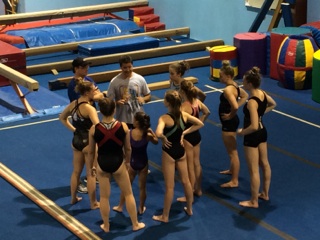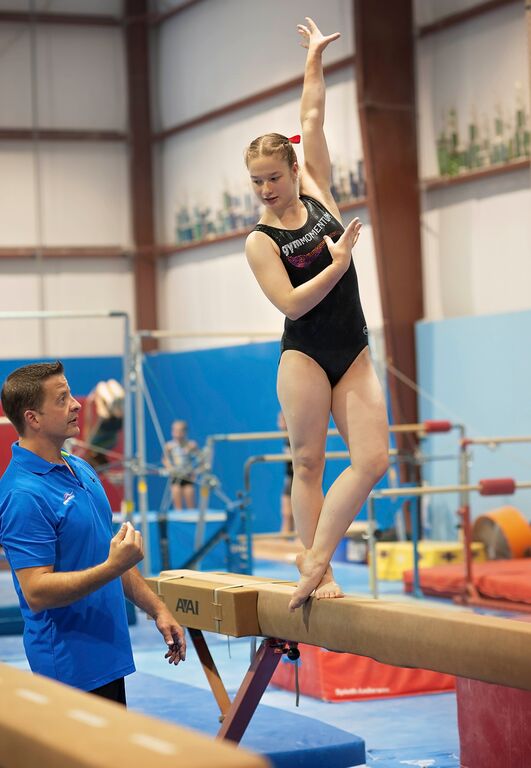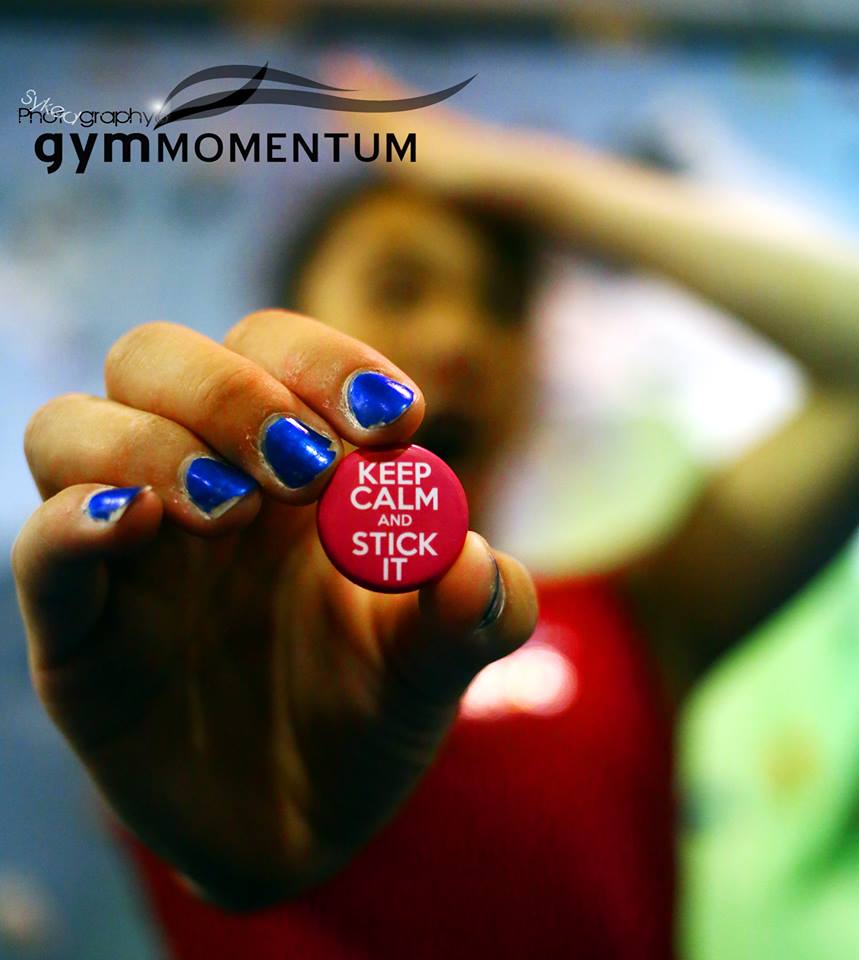Productivity isn’t about getting more done, but about getting what matters most done. With this in mind, here are three habits productive coaches do differently to focus on what matters most.
Productive Coaches dump their to-do list
You need to prioritize to be productive. Many to-do lists prioritize the wrong activities. When I had my to-do list, buying milk was listed before getting meet entries in. YES- I needed to buy milk on the way home but MY JOB is to make sure all the meet entries are in. My list tended to give everything the same Importance. I needed to have a list of priorities.
A great alternative to a to-do list is a 20-80 List. A 20-80 List is built on the Pareto Principle, which basically states that 20 percent of your efforts create 80 percent of your results. Examples of the Pareto Principle are everywhere. In the gym you’ve probably experienced that 20 percent of people do 80 percent of the work, or event that 20 percent of your corrections get 80 percent of your results. Need an example closer to home? Look in your closet. You likely wear 20 percent of your clothes 80 percent of the time.
Draw a line down the middle of a piece of paper. Write “20 Percent” at the top of the left side and “80 Percent” at the top of the right side. From there, show favoritism by only listing what matters most on the 20 Percent side. All other items go on the right side. If you do it correctly, you’ll end up with only a handful of tasks on the left side of the paper. Those are the ones you need to get done first! They will produce 80 percent of what matters most.
Productive Coaches slow down under pressure
The best coaches I know practice a counterintuitive habit — they lead their team from a quiet place when more is added to their plate. While the implementation of this habit looks different with every coach, a couple overarching principles remain constant among the most productive leaders.
First, productive coaches create time and space to slow down before things get added to their plate. This time might be early in the morning or before they go to bed. The key isn’t when it’s scheduled, but that it has already been scheduled before anything extra gets added to their calendar. When tough issues arise, they don’t have to scramble to find time to address them because they have already schedule their lead-from-quiet time every day.
Second, they carve out significant chunks of time to lead from a place of calm and quiet. Although there is great value in taking 10 minute breaks throughout the day, productive coaches know these breaks are for taking breaks, not working. Short breaks are good for getting re-energized, but not for thinking deeply about leadership issues. When I am at my busiest- I still get up and run out to go grab a cup of coffee. It is just enough time to refocus. It’s only 10 minutes but it really helps me.
 Third, the best coaches make a conscious effort to SLOW DOWN in times of stress. Inevitably obstacles will arise in meets and practice. A coach can ramp up, speed up, there by stressing everyone out around them (and lowering productivity). Or they can slow down, speak slowly and deliberately. Lay out the expectations and the new plan. This will help keeping some semblance of control.
Third, the best coaches make a conscious effort to SLOW DOWN in times of stress. Inevitably obstacles will arise in meets and practice. A coach can ramp up, speed up, there by stressing everyone out around them (and lowering productivity). Or they can slow down, speak slowly and deliberately. Lay out the expectations and the new plan. This will help keeping some semblance of control.
The most productive coaches use simple math for their hardest problems. Perhaps what sets the most productive leaders apart is how they respond to adversity. Most coaches buy into the myth that the events of your day lead to your outcomes. They adopt an E = O mentality, thinking if events go their way, their outcomes will be good, but if events turn sour, their outcomes turn sour as well.
The problem with this equation is it’s based on what we cannot control: events. We don’t control the weather, the economy or the judges scores. Individuals who follow the E = O equation might as well add “= V” at the end because, if you allow your events to equal your outcomes, you’ll inevitably end up a victim. The real equation then becomes Events = Outcomes = Victims.
We need to realize this isn’t true and adopt the habit of approaching circumstances through an Events + Reactions = Outcomes equation. Originally taught by Dr. Robert Resnick and shared in Jack Canfield’s book, The Success Principles, E + R = O allows coaches to transform the way they lead by adding one letter to the E=O equation. That one letter empowers them and their team to win by reminding them to focus on the one thing they can control — their response.
You must commit to owning your response no matter what events you face. By adding this one letter, you can turn even the most challenging events into positive outcomes.
If you are going to move from average to exceptional you need to change your habits. Be more productive, prioritize your day and your practice. Try slowing down and owning your responses to events in practice and competitions. Your gymnasts and staff should mirror your behavior .






